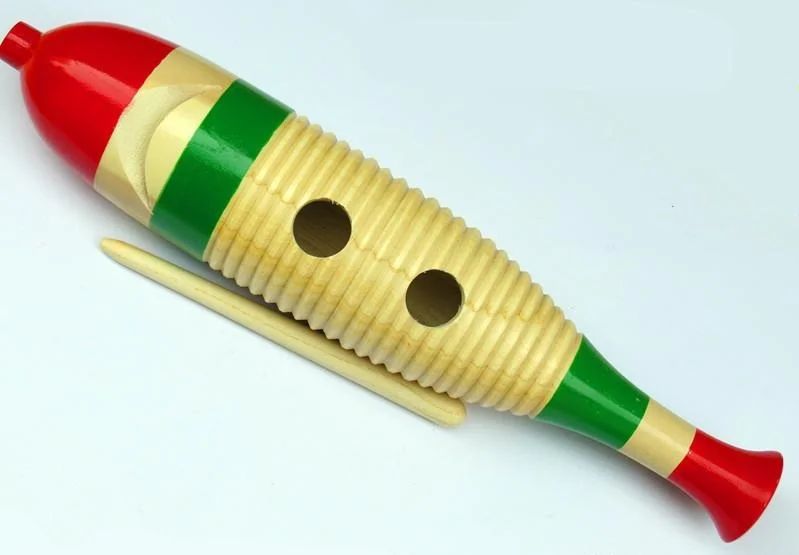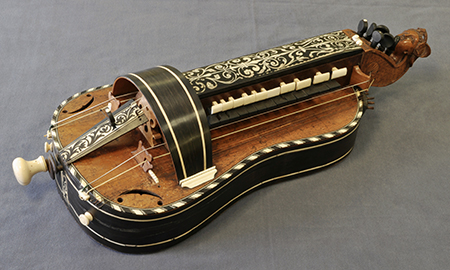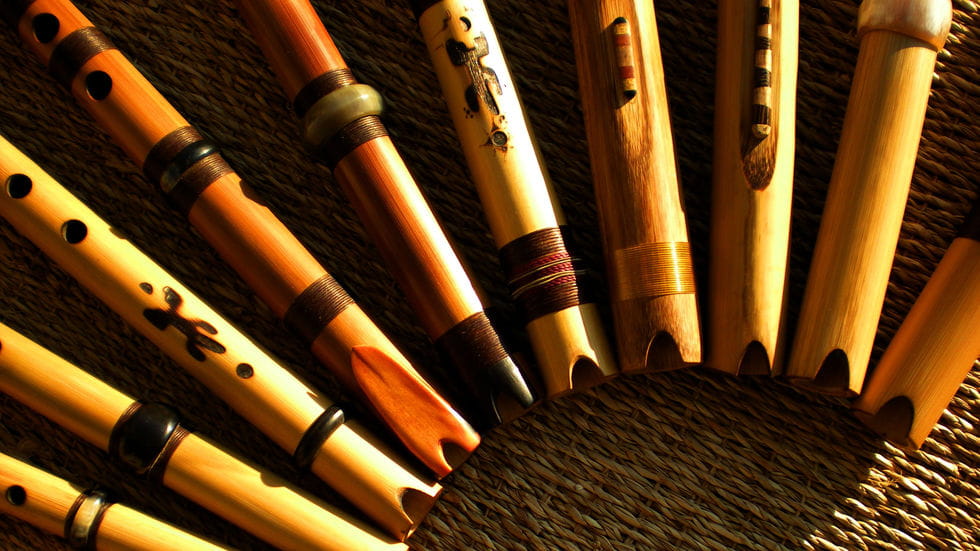Word of the week: Survival concerns? Maybe be more gymnure. Small, elusive and nocturnal, it's not a rat, nor a shrew, but a furry hedgehog, a Galericinae from the Erinaceidae family, with acute senses, especially of smell, and likely resembles the earliest form of mammal
Read moreWord of the week: gymnure
Short-tailed gymnure




















